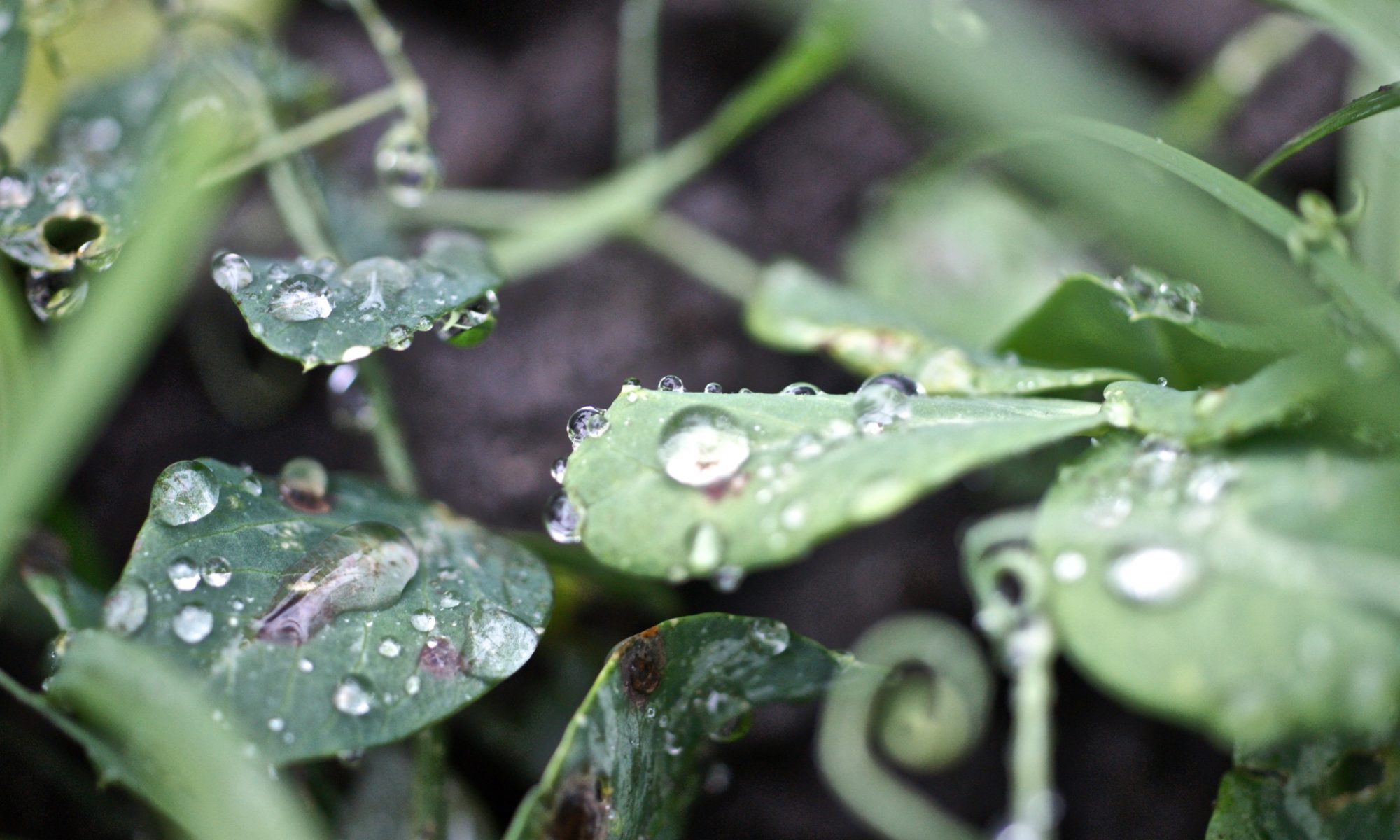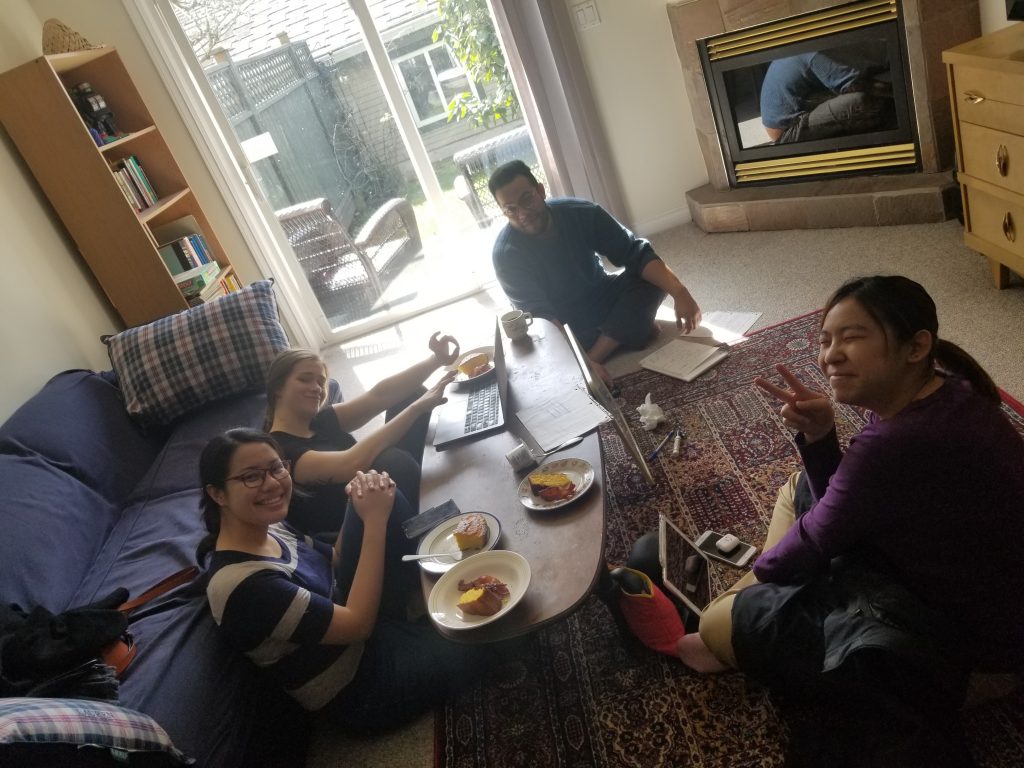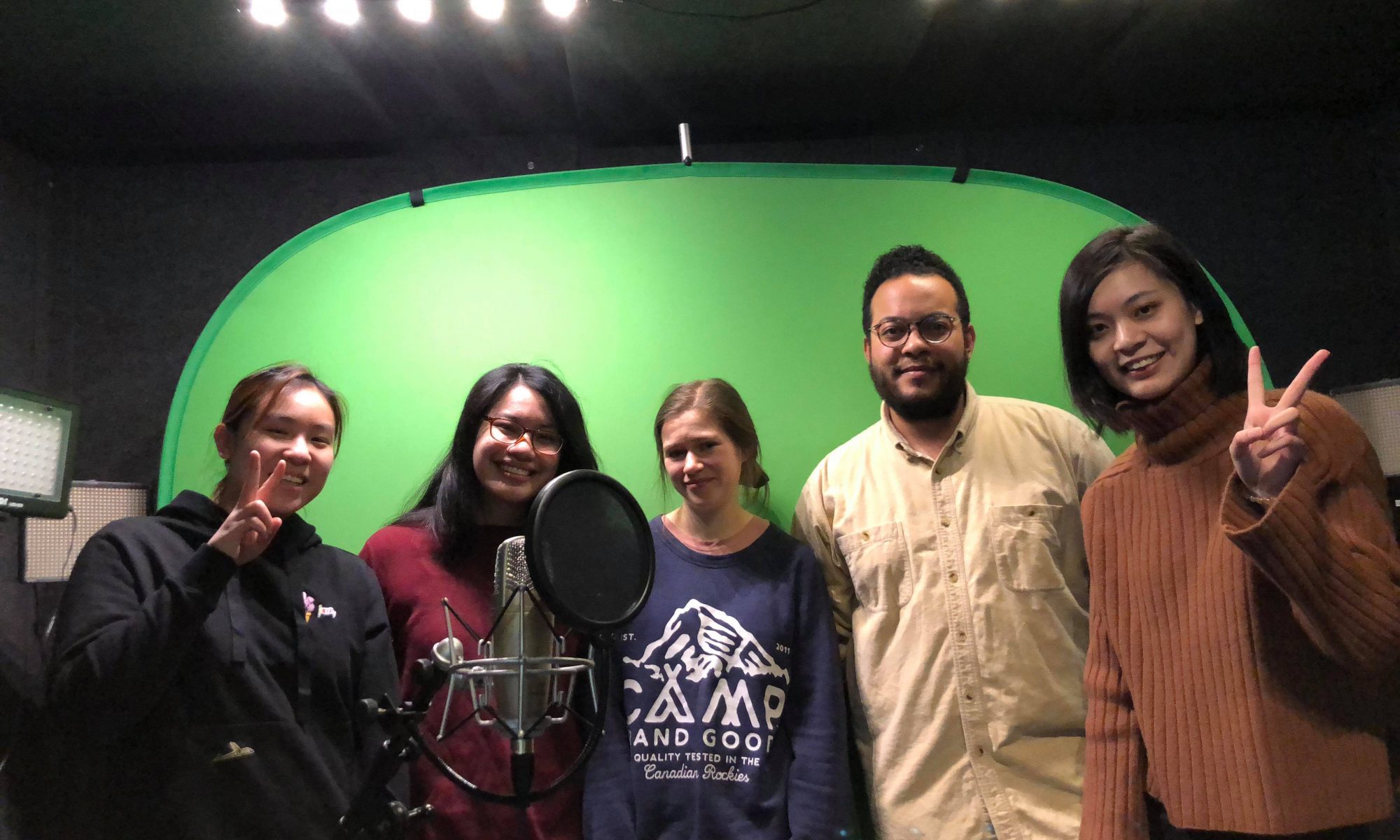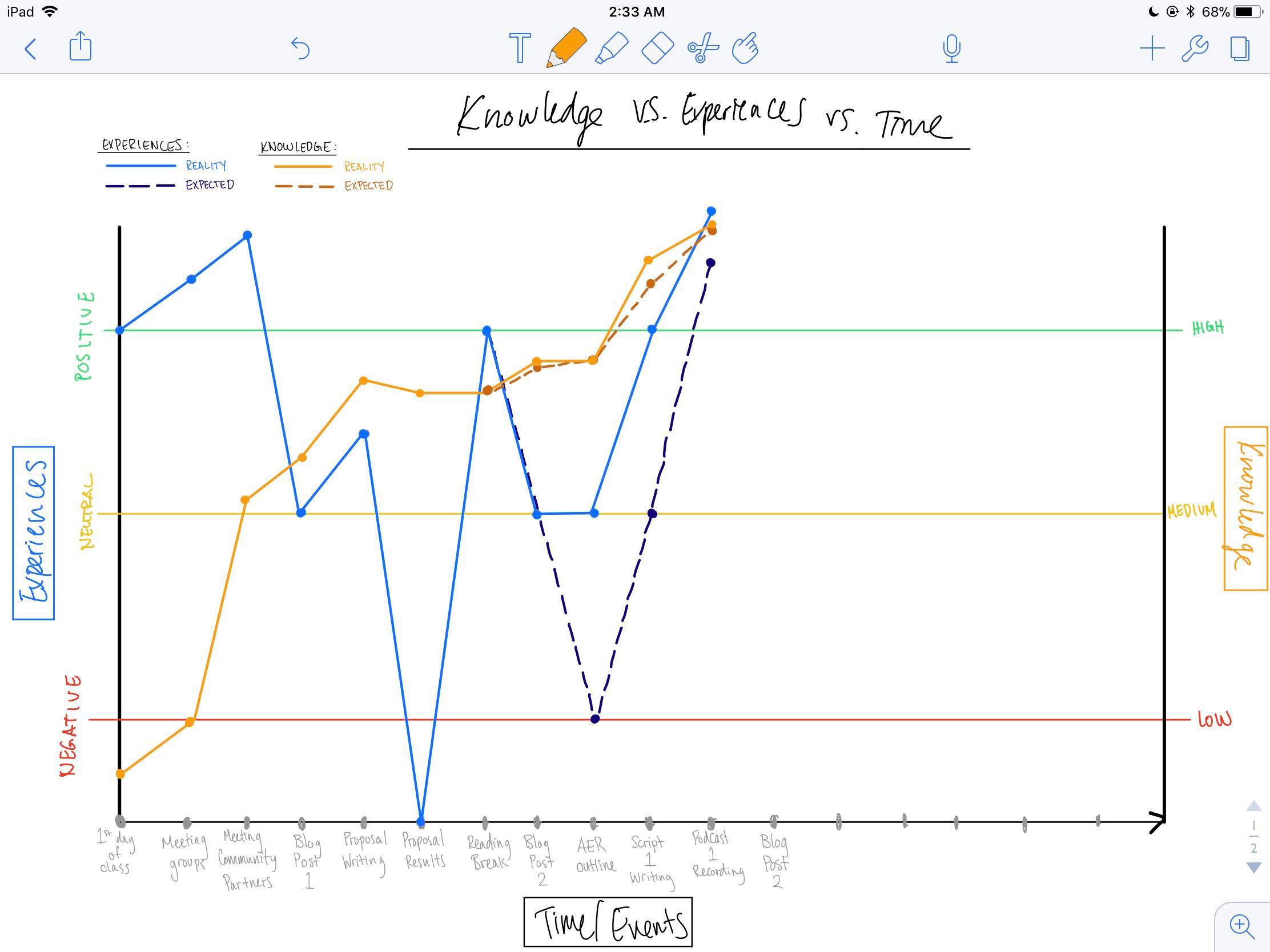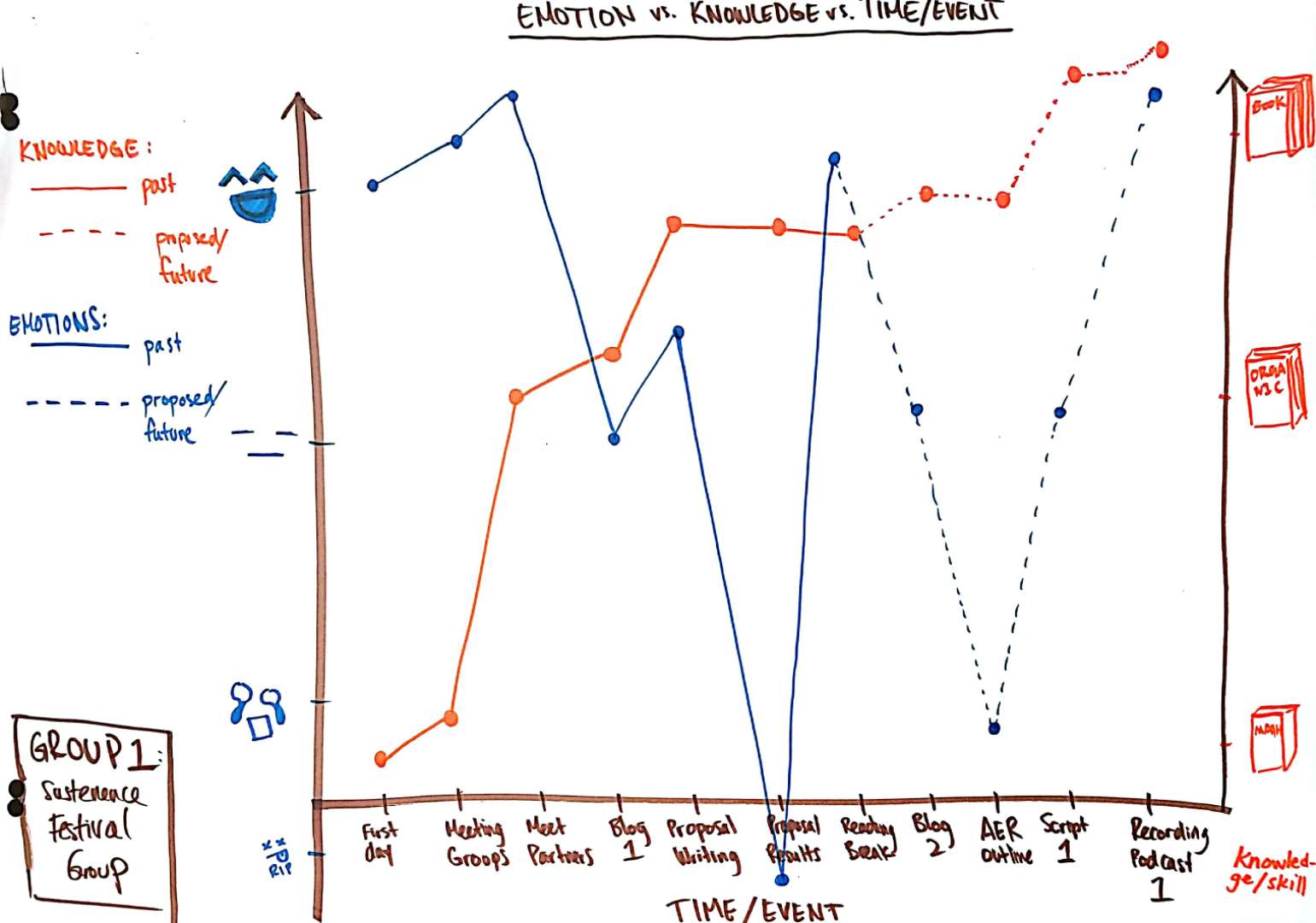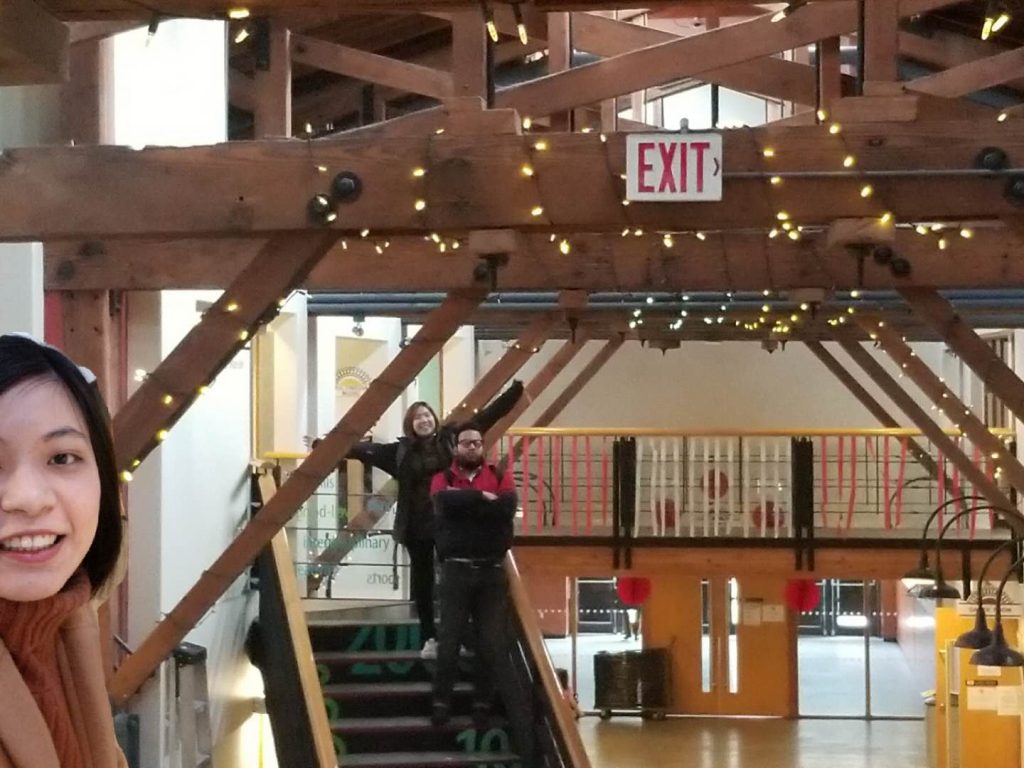Farewell
The end of the school year is approaching and for some of us, the end of our undergrad! As upper years, we’ve experienced academic highs and lows, and group projects of all kind. This group project in particular, was definitely one of the most memorable experiences our undergrad.
In this blog post, we’d like to share with you the final moments of this community-centered effort:
What?
Probably the biggest moment of significance we’ve experienced thus far was our Infographic presentation. Not only did we get to showcase a term’s worth of effort, but we also got to interact with classmates and various visitors to learn about all of the projects and activities that everyone worked so hard on!
Here is our infographic!
So what?
The moments leading up to our presentation were full of plenty of group discussions. In order to create a meaningful infographic poster that was both engaging and insightful, we had to refer back to our course concepts. This included our AER papers and our lectures/discussions on ethnicity in the food system, asset-based community development, and the local Vancouver food movements.
- We used the AER outlines to give our poster and clear and definite structure. This way, no matter how the infographic was graphically designed, the message it conveyed was preserved.
- Secondly, we drew upon our discussions on ethnicity to provide context to our poster. As the Sustenance Festival aims to promote a more inclusive and culturally diverse food movement, we felt that the points made in class helped to strengthen the project’s significance. In our interactions with other students, we were also able to refer back to the Chinese-Canadian farmers topic that Colin referred to in class.
- Next, we used the idea of asset-based community development (ABCD) to provide an introduction to our project. Since our podcast project was driven by the Sustenance Festival’s community listening campaign in 2017, we felt it important to emphasize their asset-based approach in an intriguing hook to audiences. With many of the participants being our fellow classmates, we believe that using a class-discussed concept like ABCD would be a surefire way to connect with them.
- Finally, in our talks, we related our project to the other projects in LFS 350 by integrating them into the local Vancouver food movement. By putting things into perspective, we believed that audiences would be better able to how all our combined efforts were somehow working to change the food system.
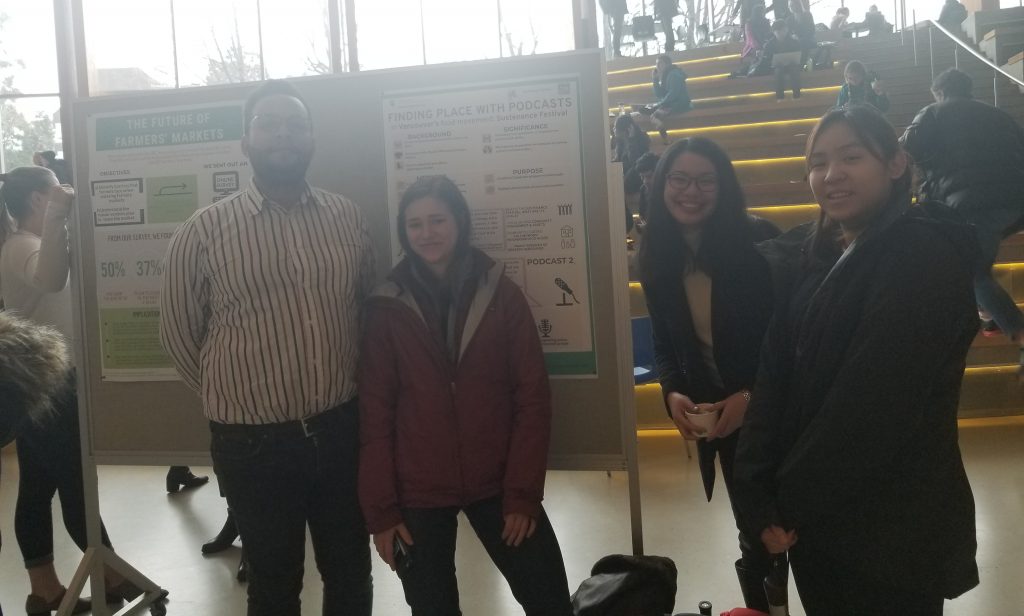
Now what?
Although we had finished the infographic and presentation, we will still use it as a reference and going to write our final report based on the content we put in the infographic. With the final report coming up, we’re working extensively on writing it! However, due to some drawbacks (in script approval), our group is also focused on writing our scripts and compiling our podcasts. Since we have already identified the significance, method, purpose, and implication when we were completing infographic, it will not take us long to continue finishing them in the final report.
Parting Reflections
This project was a unique and challenging learning experience that taught us how to work with community partners, diverse teammates, and social issues surrounding food. We hope to these podcasts will be a tool used to open people’s minds towards cultural activities within the Vancouver food movement.
Firstly, we’d like to thank our community partners: Brenda, Steph, and Rebecca for their cooperation and efforts towards inclusivity in Vancouver. We also want to thank Tori, our TA, and Will, our professor, for guiding us on this journey. We had a lot of fun working on this and look forward to the development of future projects for the Sustenance Festival!
